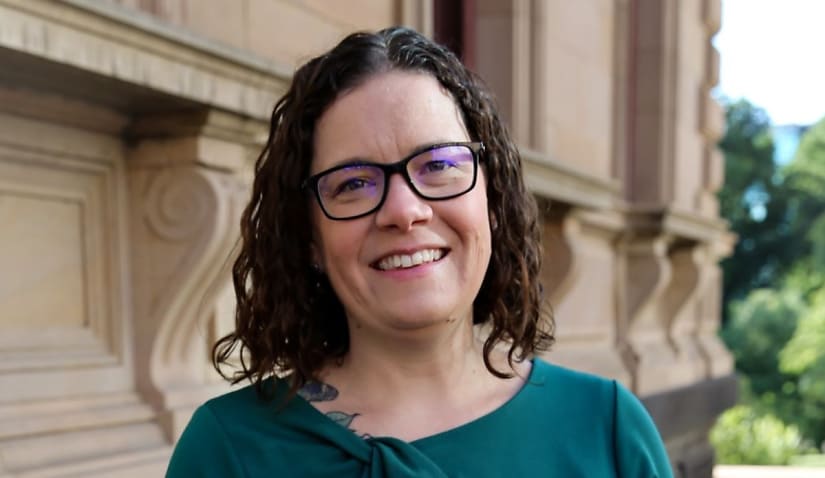Surrogacy laws need to be overhauled to ensure uniformity and a more affordable post-birth process, according to one lawyer.

Melbourne-based family and surrogacy lawyer and director of Surrogacy & Donor Conception Legal Services, Sarah Jefford, highlighted to Lawyers Weekly ahead of the inaugural Women in Law Forum 2022 that one of the most significant challenges for both the surrogate and new parents is the long, arduous, and expensive post-birth process.
“This means that the birth parents are the legal parents until that order is made,” Ms Jefford said.
“That order can take several months to apply for because they have to meet so many requirements. Following that, they have to wait for the court to make the order. In some states that can take a couple of weeks, but here in Victoria, it is now sitting at 10 to 11 months.”
Ms Jefford — who has previously spoken to Lawyers Weekly about surrogacy — will participate in a panel discussion at the Women in Law Forum 2022 about how employers could implement progressive workplace policies to ensure that gender, pregnancy, and family planning do not hinder career progression.
She continued that if the intended parents apply for the parentage order around four or five months after the surrogate has delivered the baby, they could wait up to a year for the court to make that order despite them “doing all the parenting”.
“Their baby would have already celebrated their first birthday but the parents named on the birth certificate are still the birth parents,” she said.
“That’s ridiculous.”
With the birth parents remaining the legal parents of the child, it could raise succession planning and estate planning issues for the intended parents, Ms Jefford noted.
No equity in costs
The parentage order could also be an expensive process for the intended parents depending on which state they live in.
For example, Ms Jefford said that while the process is more economical for those living in Tasmania, it could cost thousands of dollars in NSW as the intended parents have to pay the court filing fee as well as a lawyer fee.
“There’s no equity in that. It’s determined by where you live.” Ms Jefford argued.
“On top of this, intended parents also have to budget for paying for their surrogate’s expenses and looking after their baby. They may have taken 12 months of unpaid leave from work to look after their baby.”
Moreover, it could cause emotional upheaval for all parties involved, particularly the intended parents who would be eager to become the legal parents, she added.
Move to an administrative process
As such, Ms Jefford proposed replacing the court order process with a more affordable administrative process to resolve these issues.
This would require all parties to complete a form at the time of registering the birth, which would be sent to birth, deaths, and marriages.
“This would recognise it as a legitimate surrogacy and the first birth certificate ever issued would have the intended parents listed as the child’s legal parents,” Ms Jefford said.
Bring uniformity to stop “legal tourism”
The lack of uniformity in surrogacy laws across Australia is also a prickly issue, which has resulted in some unintended consequences, Ms Jefford said.
For example, some of her clients engage in what she calls “legal tourism” and “forum shopping”, where they will travel to a state that meets their requirements.
“Western Australia still doesn’t allow gay couples to engage in surrogacy, for instance, so I have clients telling me they're going to move interstate,” she said.
“They’re discriminated against within their own country just because of where they live.”
Ms Jefford concluded by arguing for uniform laws across the states and territories to eliminate the need to engage in medical and legal tourism.
“If we had uniformity, people wouldn’t need to travel interstate to access something,” Ms Jefford said.
“Everyone could access the same services regardless of where they lived.”
To hear more from Sarah Jefford and a panel of speakers about how progressive workplaces policies could remove stigma around parental leave and close the gender pay gap as it relates to family planning, come along to the Women in Law Forum 2022.
It will be held at the Grand Hyatt Melbourne on Thursday, 24 November.
Click here to book your tickets and make sure you don’t miss out!
For more information, including agenda and speakers, click here.